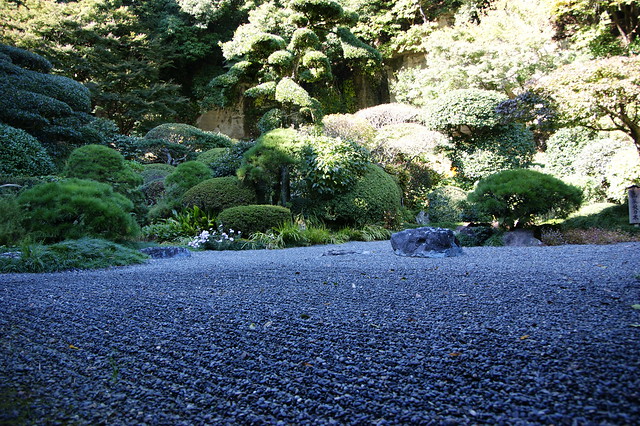I’ve been feeling a lot of grief lately, and I have been trying to be present with it instead of pushing it away or distracting myself, like I did in earlier times in my life. Two authors that have helped me lately, kept me company, are John Tarrant and Alain de Botton. Tarrant is a meditator and a psychotherapist and talks about loss and life with a blunt kindness that reminds me of wise meditators like Pema Chödrön. In The Light Inside the Dark Tarrant writes about what he calls the Second Descent into darkness:
Once the second descent is understood, we no longer try so hard to avoid the course of human suffering, the routines of daily life, the blindness of the moment when we truly do not know what we must do.
I have been trying to go slowly, trying not hold on so tightly, trying, sometimes successfully, sometimes unsuccessfully, to let go of planning or controlling. I am trying to trust the path will appear out of the dark. Tarrant writes, “Fragments of light are scattered around like clues.”

One of those clues came to me yesterday – my friend David Socha invited me over for some conversation and we sat on his deck in the beautiful light under the trees in his front yard. He mentioned a podcast called OnBeing by Krista Tippett, and later I listened to some of her interviews. She is a remarkable person. Tippett interviewed Alain de Botton recently, and I really enjoyed listening to them. He’s a philosopher and author and founder of the The School of Life. I have been reading de Botton lately– he has a very kind and uplifting way of looking at life and human relationships. There are so many good things about this interview – what I really liked was the way Tippett brought out de Botton’s warmth and bluntness and compassion for how hard human relationships really are, his view that we are flawed beings and that we will make mistakes, suffer, grow, heal. He says,
love is something we have to learn, and we can make progress with, and that it’s not just an enthusiasm; it’s a skill.
And it requires forbearance, generosity, imagination, and a million things besides. And we must fiercely resist the idea that true love must mean conflict-free love, that the course of true love is smooth. It’s not. The course of true love is rocky and bumpy at the best of times. That’s the best we can manage as the creatures we are, that flawed humanity, the better chance we’ll have of doing the true hard work of love.
Somehow that connected with the grief, the light inside the dark.